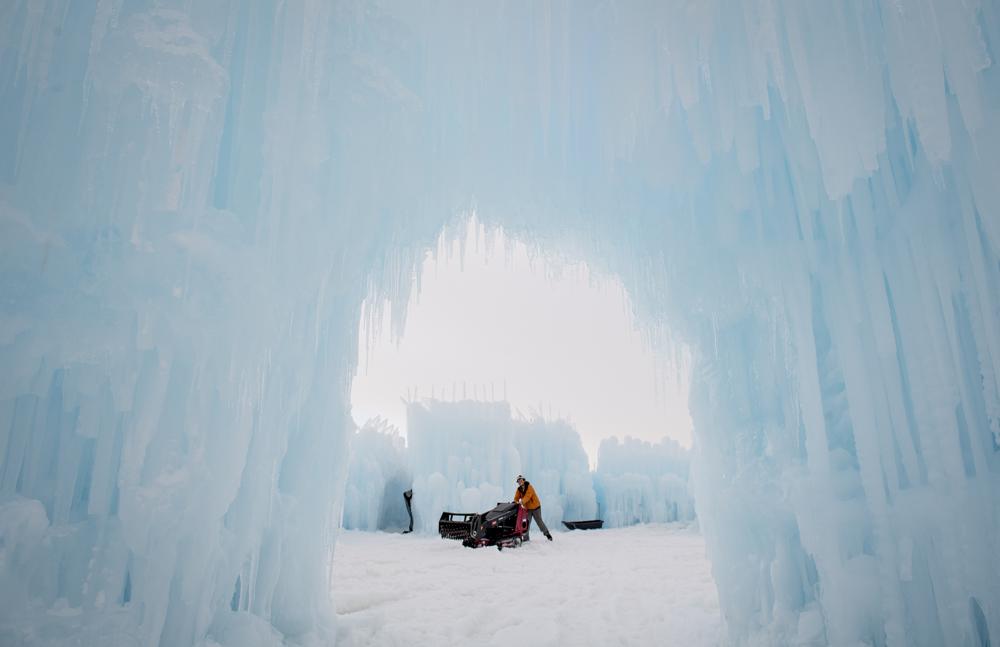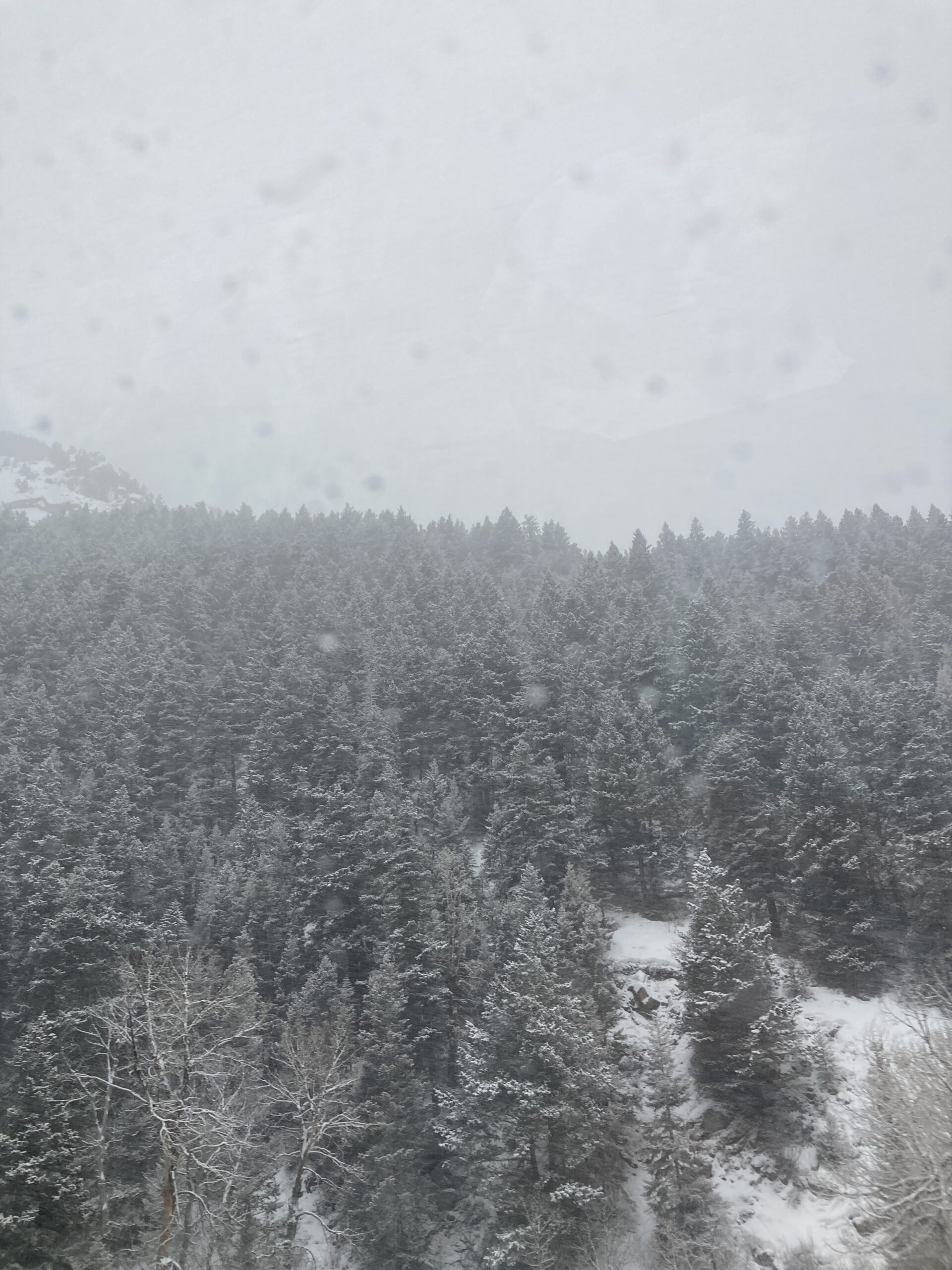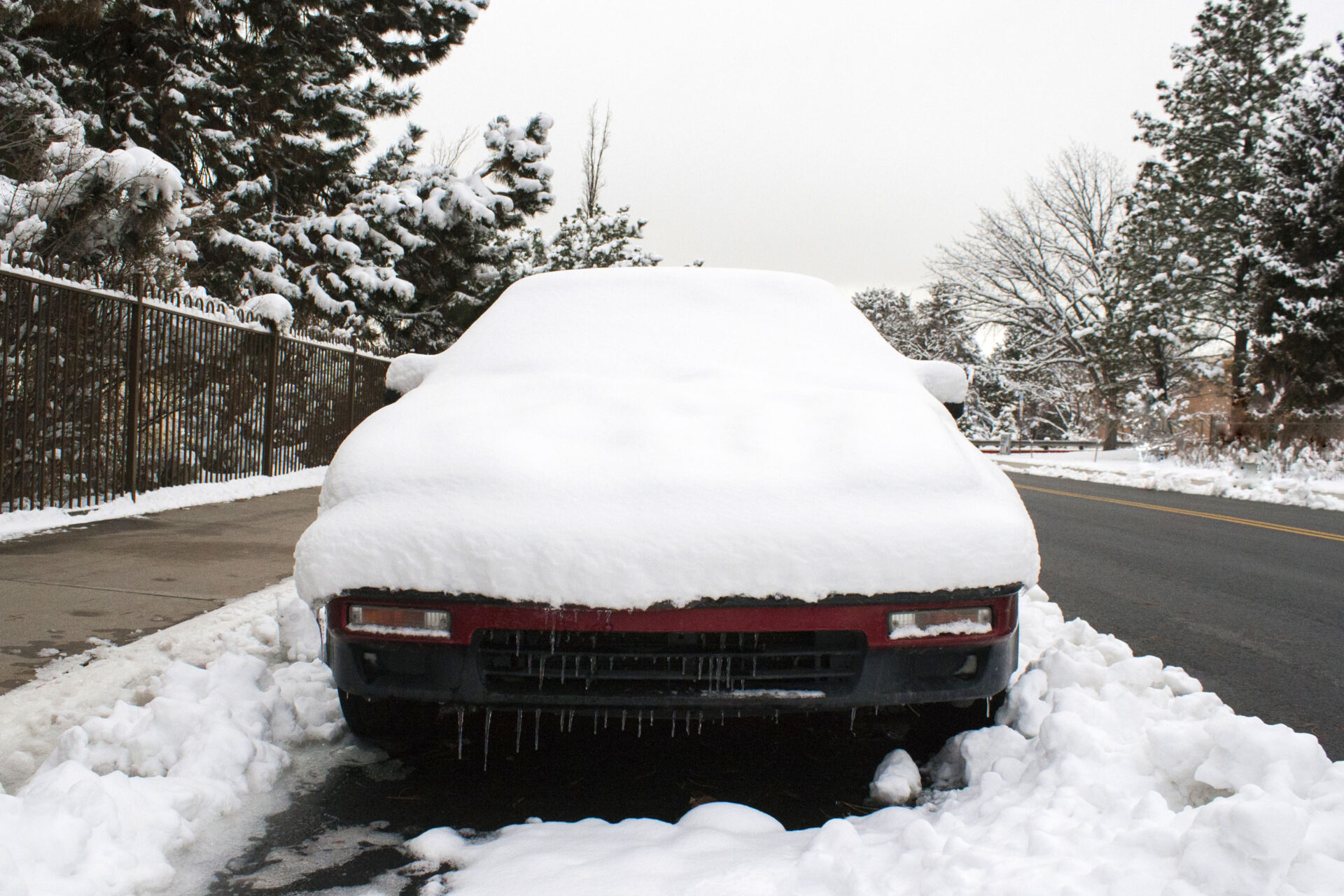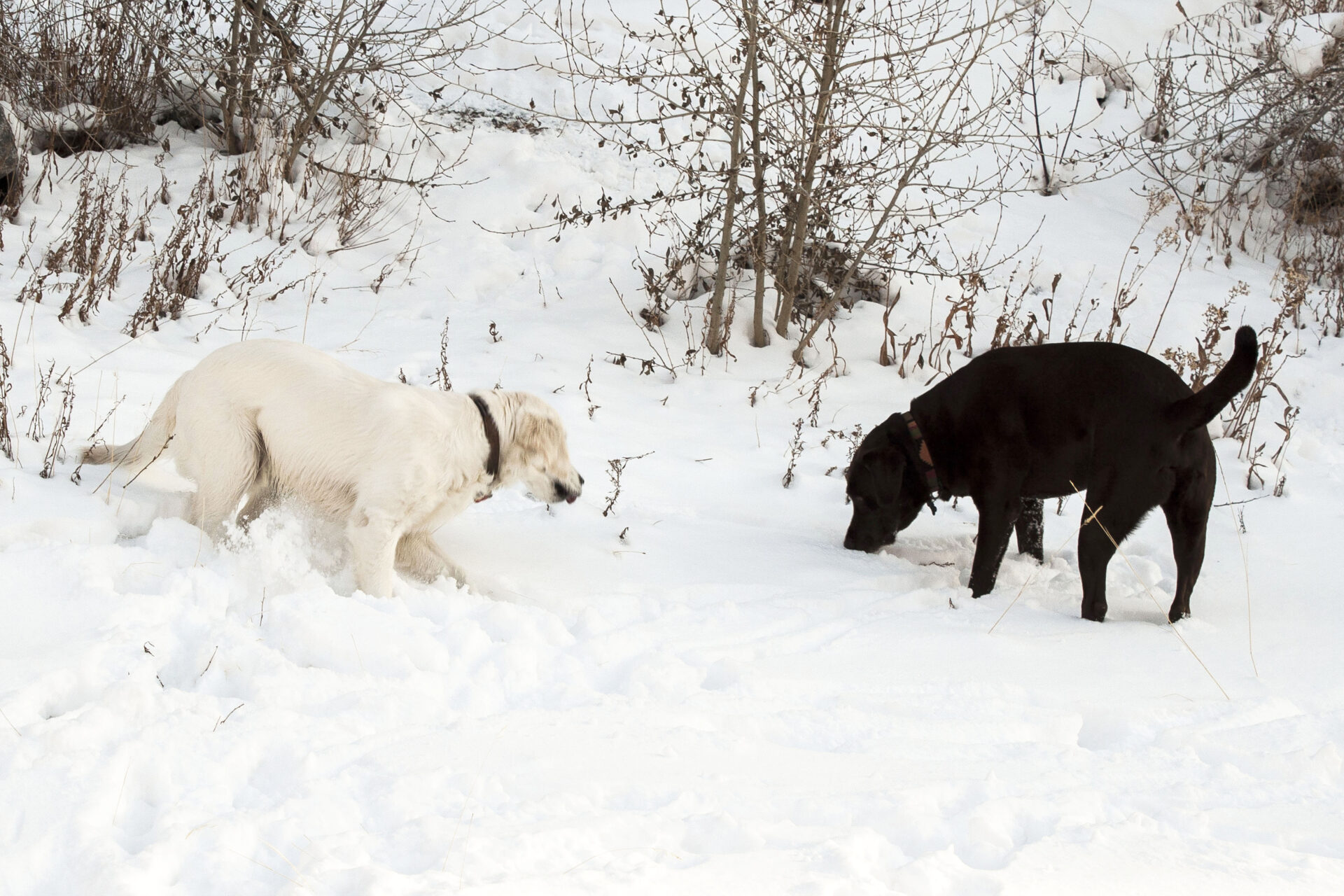
Winter has ended in Utah and the weather is getting warmer, causing scientists, water conservation organizations and climate change activists to increasingly worry about the impact of climate change on the snow in Utah.
Ski Utah’s website says Utah has more than 15 world-famous ski resorts and other winter businesses such as outdoor ice skating, snow tubing and the Ice Castles. Utah is known for having the “greatest snow on earth” and is a popular place for winter tourism.

According to the research article “Climate Change and Utah Ski Resorts: Impacts, Perceptions, and Adaptation Strategies,” as the climate warms up and precipitation declines, the length of the skiing and snowboarding season is expected to get shorter and become more variable.
Utah’s economy depends on the snowpack. The research paper says, “Statewide analyses have found that winters with particularly high levels of snow contributed an additional U.S. $49 million to the state’s economy, while low-snow years resulted in a 7% decrease in skier visits and a loss of U.S. $53 million to the Utah economy.”
NASA published a webpage of facts and causes of climate change which says the temperature of the earth is rising because of human activities like burning fossil fuels, which increase the concentration of greenhouse gases in the atmosphere.
“Businesses aren’t immune to climate change. It’s not a matter of if businesses will be affected by climate, but it’s a matter of when,” said Jeff Bousson, climate program manager for Utah Clean Energy.
Utah’s winter business economy could be in danger as the season becomes shorter and the snowpack declines, Bousson said. He said Park City lost six weeks of snow because of climate change last year.
Utah’s snowpack accounts for 95% of Utah’s water, said Nick Halberg, a research and policy analyst for Utah Rivers Council. Over the past few years, snowpack has decreased in depth about 20%, according to the research paper.
“Climate change is inevitable. We just have to figure out what we can do to adjust and figure it out. There are mitigation measures we can take,” Halberg said. “Any businesses that depend on snow are going to have a hard time, but hopefully they can figure out a way to adapt and keep their business going.”

The Ice Castles in Midway, a business that depends on cold weather to create a wintry visual experience for visitors, had to close earlier than usual in early February because of the warming temperatures, according to Ice Castle officials.
Winter businesses may have to close earlier than expected, Bousson said. Snow machines can help ski resorts extend their season, but it can be expensive and time-consuming.
Peter Howe, a scientist from Utah State University, studies human-environment geography, specifically the “intersection of human perception and cognition with vulnerability and adaptation to climate change,” as his biography states.
Howe grew up in Utah, where he was able to see the effects of climate change through the droughts, wildfires and poor air quality, he said. He described climate change as “the biggest challenge for us as a society” that will cause a lot of “negative impacts for people and the things that people value.”
“Climate change affects the frequency and severity of extreme weather events. The situation of winter businesses is an example of the threshold that we’re at when it comes to climate change. It could make the season potentially unviable and much shorter in the future,” Howe said.
Other businesses like outdoor ice skating rinks in Utah are also at risk because the weather isn’t cold enough for water to freeze, Howe said. For an economy that depends on winter and snow, climate change poses a threat to businesses that have historically depended on snow.

“Even though it’s scary, we shouldn’t be discouraged. Climate change is having significant effects on our water resources, and the solution for that is conservation. We just need to continue to do whatever we can,” Halberg said.
Halberg encouraged all Utahns to get involved to slow climate change. Joining student groups and encouraging the legislature to fight climate change are potential ways residents can help, he said.
“What we choose to do now over the next 8–10 years will have a serious impact on what kind of climate change future we choose to live in,” Bousson said.




